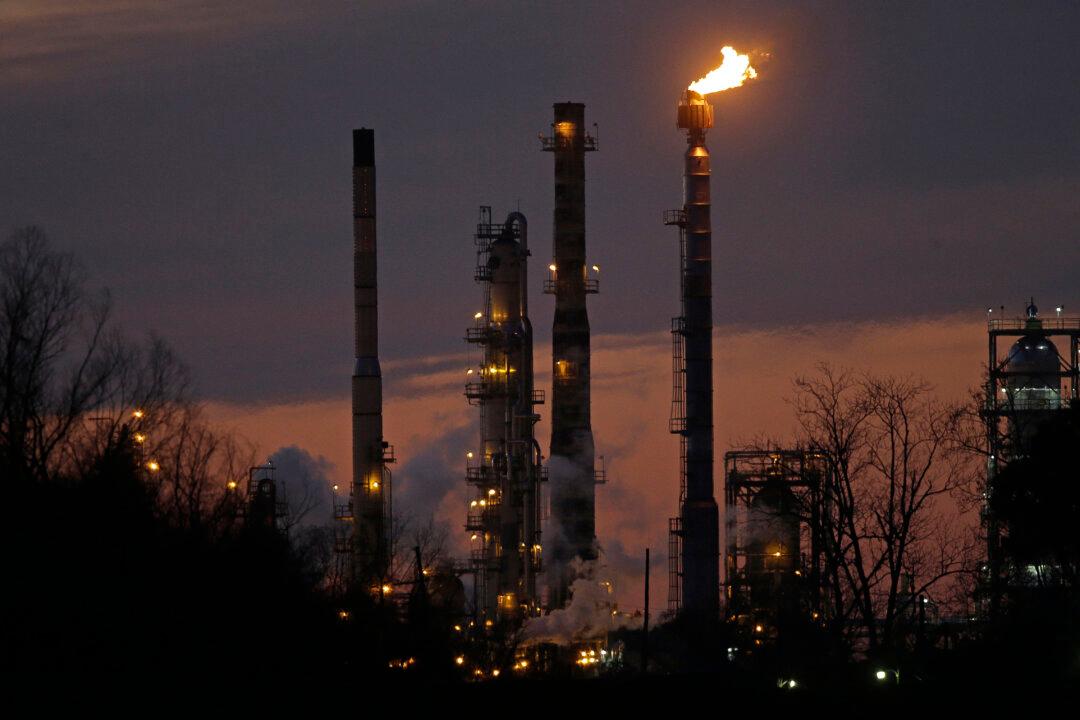Commentary
Once again, major international oil companies are being sued over climate change, even though all of them have corporate advertising and websites espousing the need to “transition” to carbon-free energy.

Once again, major international oil companies are being sued over climate change, even though all of them have corporate advertising and websites espousing the need to “transition” to carbon-free energy.